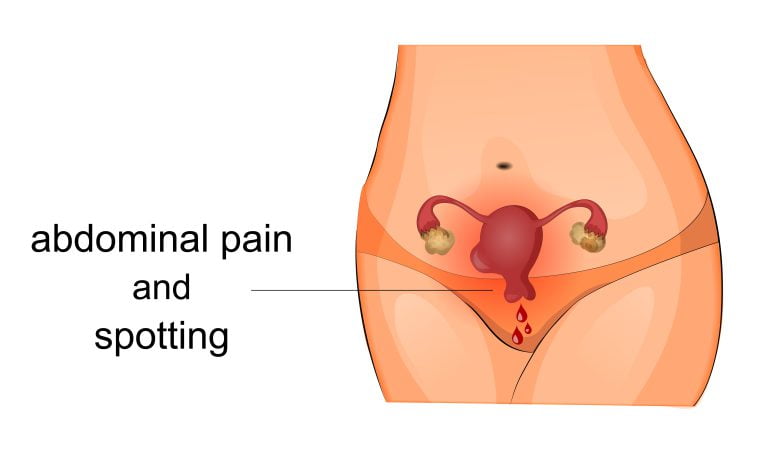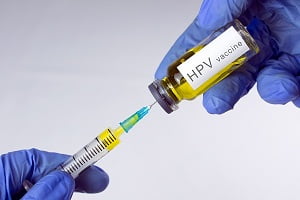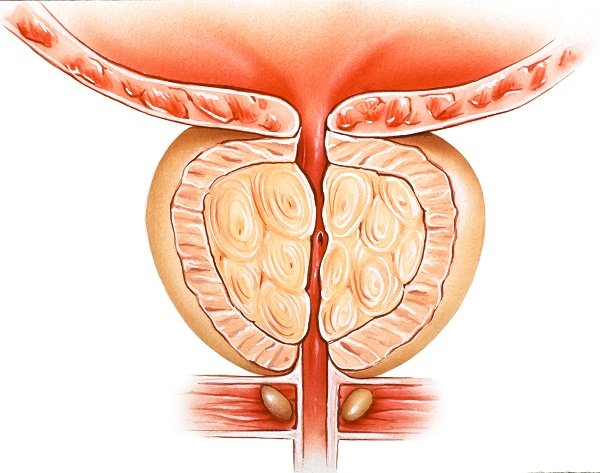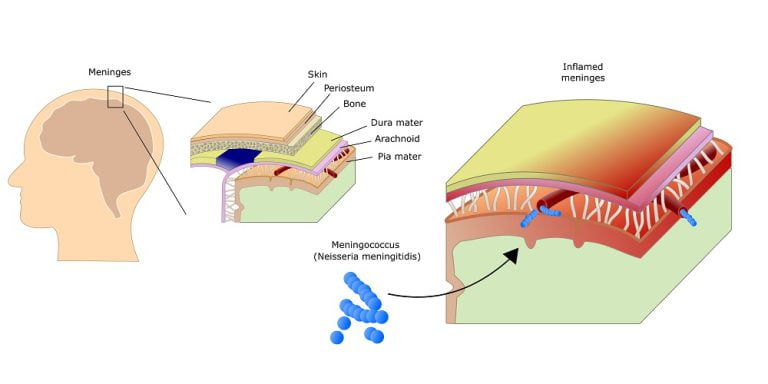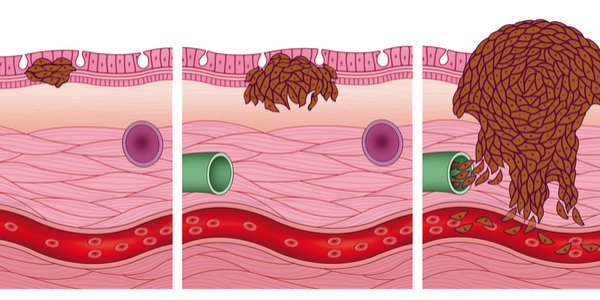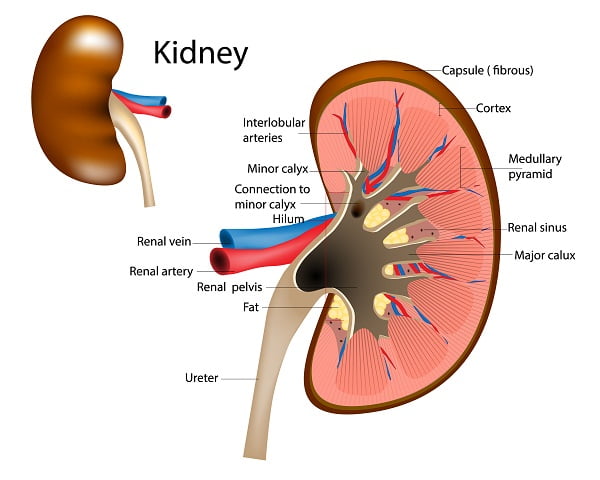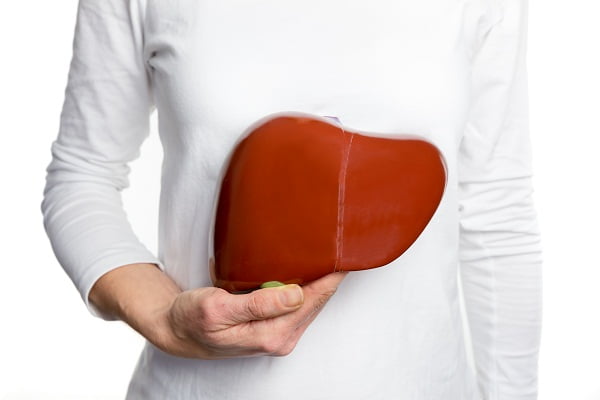Browsing: Cancers
 The page provides quick access to a list of common diseases, syndromes, health conditions, and other topics of health importance related to cancer. The list is organized alphabetically. Links are provided to respective diseases sections that serve as a comprehensive and ultimate guide about the disease or health condition.
The page provides quick access to a list of common diseases, syndromes, health conditions, and other topics of health importance related to cancer. The list is organized alphabetically. Links are provided to respective diseases sections that serve as a comprehensive and ultimate guide about the disease or health condition.
For normal growth and development of our body, cells continue to grow and divide to form new similar type of cells. If any cell starts dividing abnormally, it develops into a tumor which leads to cancer formation. Cancer can occur in any part of the body such as affecting the blood cells, bone, nerve, adrenal gland, ovaries etc.
There are several reasons that can turn a normal body cell to develop abnormally and become cancerous. Significant factors which can lead to various types of cancers are due to exposure of chemical or toxic compounds, ionizing radiation, certain pathogens and human genetics.
Cancer is among the leading causes of death worldwide. In 2012, about 14.1 million new cases and 8.2 million cancer-related deaths have been reported around the world. In women, breast cancer is most prevalent, whereas in men, prostate cancer is quite frequent. Lung cancer and colorectal cancer affect both men and women with high incidence rate.
There are over 200 different types of cancer. The most common type of cancers are breast cancer, lung and bronchus cancer, prostate cancer, colorectal cancer, skin cancer, bladder cancer, non-Hodgkin lymphoma, kidney and renal pelvis cancer, endometrial cancer, leukemia, pancreatic cancer, thyroid cancer and liver cancer.
What Is Cervical Biopsy?
A cervical biopsy is a diagnostic procedure to detect and evaluate cervical cancer (cancer of the cervix). It involves removal of tissue from the cervix to test for abnormal or precancerous changes, or cervical cancer. Cervix is the lower, narrow part of the uterus in women.
Human papillomaviruses (HPVs) are a group of about 200 related viruses. About 40 types of them can easily spread through direct sexual contact, from the skin and mucous membranes of the infected people. Three HPV vaccines are approved by the Food and Drug Administration (FDA) to prevent HPV infection including cervical cancer.
What is prostate gland? The prostate gland is a chestnut-shaped male reproductive organ. The prostate is not one but many…
Bone metastasis occurs when cancer cells from the primary tumor spread to the bone. Common cancers that are likely to spread to bones are prostate cancer, breast cancer, kidney cancer, thyroid cancer, and lung cancers. The bone is a common site for metastasis of other types of cancers.
Women have small glands on the front side of the vagina. These are called “Skene’s glands” or “Skene’s ducts. Skene’s glands are considered analogous to male prostate because of similarities with the prostate. One similarity is the presence of prostate-specific antigen (PSA) and PSA phosphatase (PSAP) in both the male prostate and the Skene’s glands.
Bone cancer is an uncommon cancer that forms in the bones. Bone cancer can occur in any bone of the body, most commonly it affects the long bones such as in the arms and legs. The term ‘bone cancer’ doesn’t include cancers that begin elsewhere in the body and spread to the bone.
What is Stage 0 Melanoma? In Stage 0 melanoma, the malignant tumor is still limited to the upper layers of…
What Are Kidneys?
Our kidneys are a pair of bean-shaped organs located on either sides of the body, below the ribs and behind the abdomen. Each kidney is about 4 to 5 inches long, about the size of a large fist. The kidneys’ work is to filter the blood. They remove wastes, keep the body’s fluid balance, and maintain the levels of electrolytes.
If you have a cancer, the survival rate and prognosis depends on how advanced it is at the time of diagnosis. These are general statistics based on large groups of people. But, they can’t accurately tell what will happen in an individual case. No one can tell exactly how long you’ll live.
Primary liver cancer is a disease that develops when cells of the liver become abnormal. Liver is one of the largest organs in the body and performs several important functions to keep the body free of harmful substances. Primary liver cancer starts in your liver. Metastatic liver cancer starts somewhere else and spreads to the liver.




